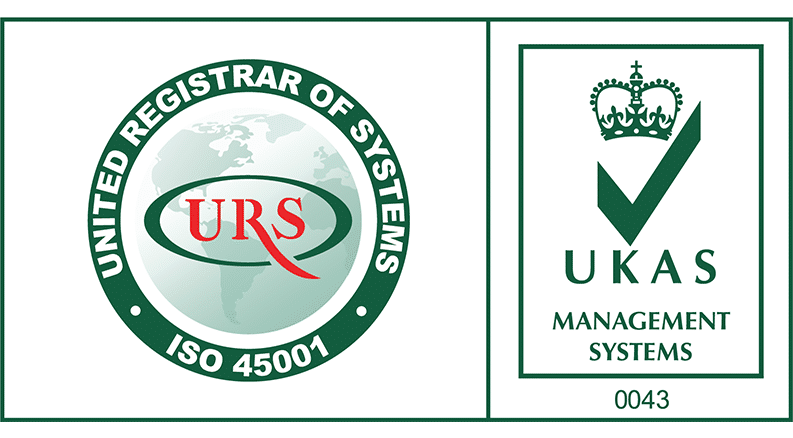
25/01/2023
When you get your HVAC system checked in the autumn, you can keep one step ahead of repairs and catch malfunctions before relying heavily on heating. You also save money by replacing parts before they completely malfunction and cause additional damage to your HVAC system.
Our 6 tips to ensure your HVAC system is winter ready
Harsh weather can have a detrimental effect on the outdoor parts of your HVAC systems; even though these are designed to survive outdoors, you can still do your part to ensure that it keeps running as smoothly as possible. Below we discuss some methods
1. Test your units before it gets too cold
Preparation is key to ensuring you have a warm winter; it is not best to wait until the cold weather has arrived before testing your units. You should test your HVAC units 2-3 times before the winter starts; this will help ensure that your unit is prepped and in decent condition. If you do find a fault, it gives you plenty of time to address any issues that you might have found allowing you to be proactive in finding a repair service.
2. Schedule maintenance before winter starts
Even if it may be working fine and you think it’s going to make it through the cold winter, it’s better to be safe than sorry, you don’t want a cold office. Be sure to book maintenance so we can find any potential faults before they can become damaging to the unit and cost you money in repairs and replacements.
3. Protecting your outdoor unit
To make sure that the outdoor unit can run smoothly throughout and be protected during the winter by ensuring that the perimeter around the outdoor unit is clear of any snow, dirt or blockages to make sure that the flow of air is consistent and nothing can get in and damage the coils or fins.
4. Maintain a consistent temperature
It may be very tempting to turn up the heating during colder days, but it’s always a good idea to maintain a consistent temperature. Doing this will help reduce the workload on your HVAC unit while keeping you warm enough. By not overworking your unit, it’s more likely to have a longer lifespan and fewer breakdowns
You could benefit from zone control if you have a multiple-storeyed building; heat rises, so the lower floors need a higher temperature output. Keeping it consistent will help save on energy bills as well.
5. Insulating exposed pipes
Your pipes that run outside the building are exposed to freezing temperatures during the worst days of the winter. Consider insulating those pips not only to protect them from extreme temperatures but also to increase the efficiency of your HVAC system
6. Having a proper maintenance schedule
A great way to ensure that your HVAC system survives the cold winters is by having an engineer in place to visit on a regular basis to carry out the much-needed safety checks to ensure that your HVAC units run smoothly throughout the year. We can spot issues early on and fix them before it requires a full replacement. Be sure to get in contact to discuss how Carlton Services can help you stay warm this winter.














